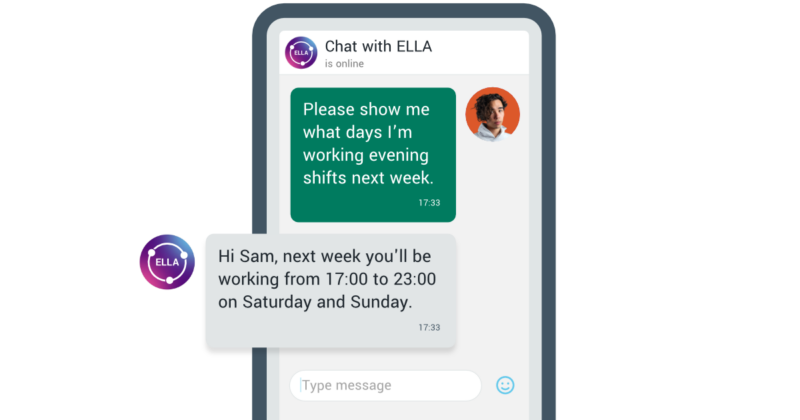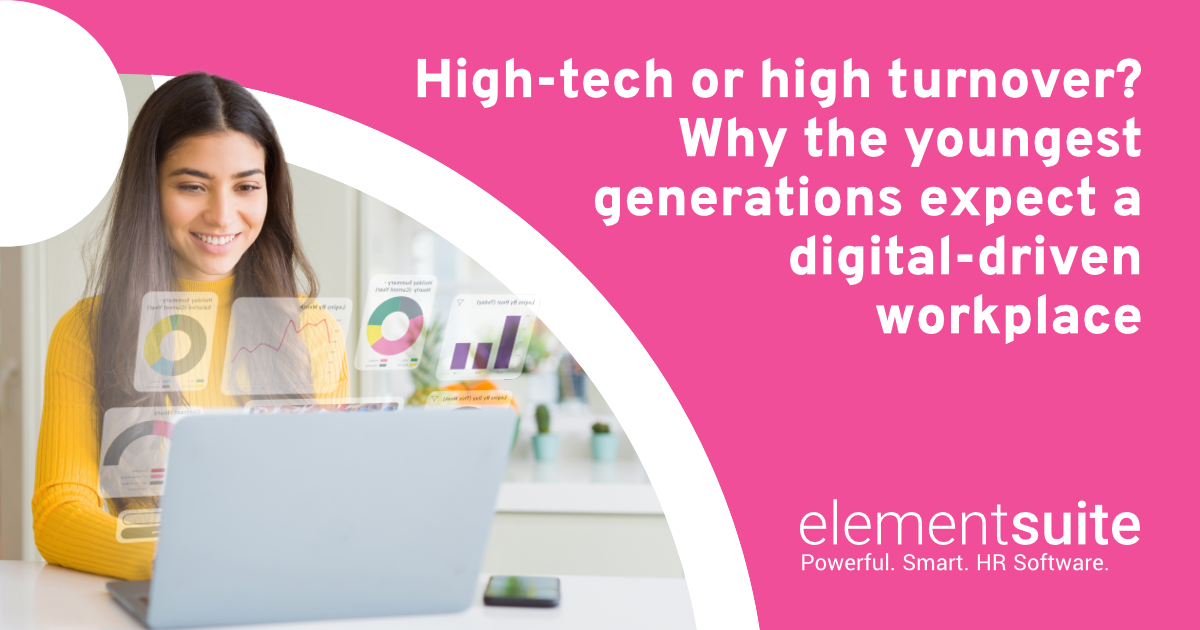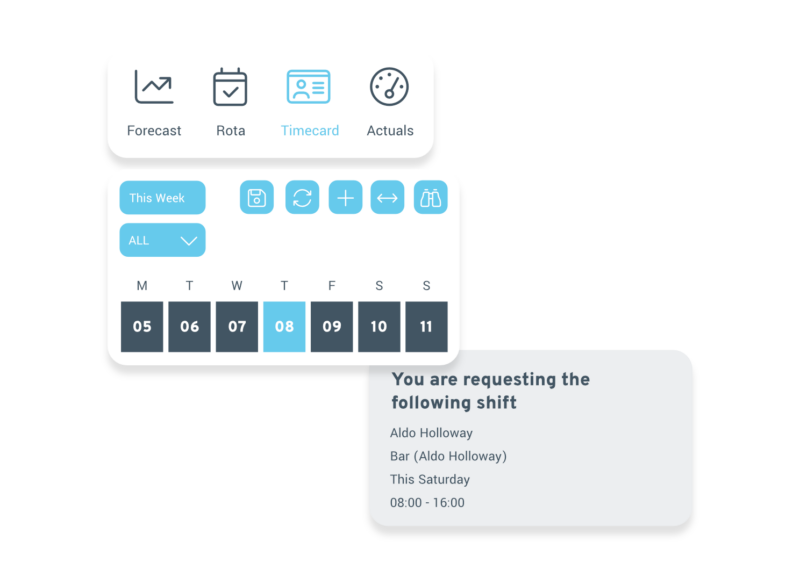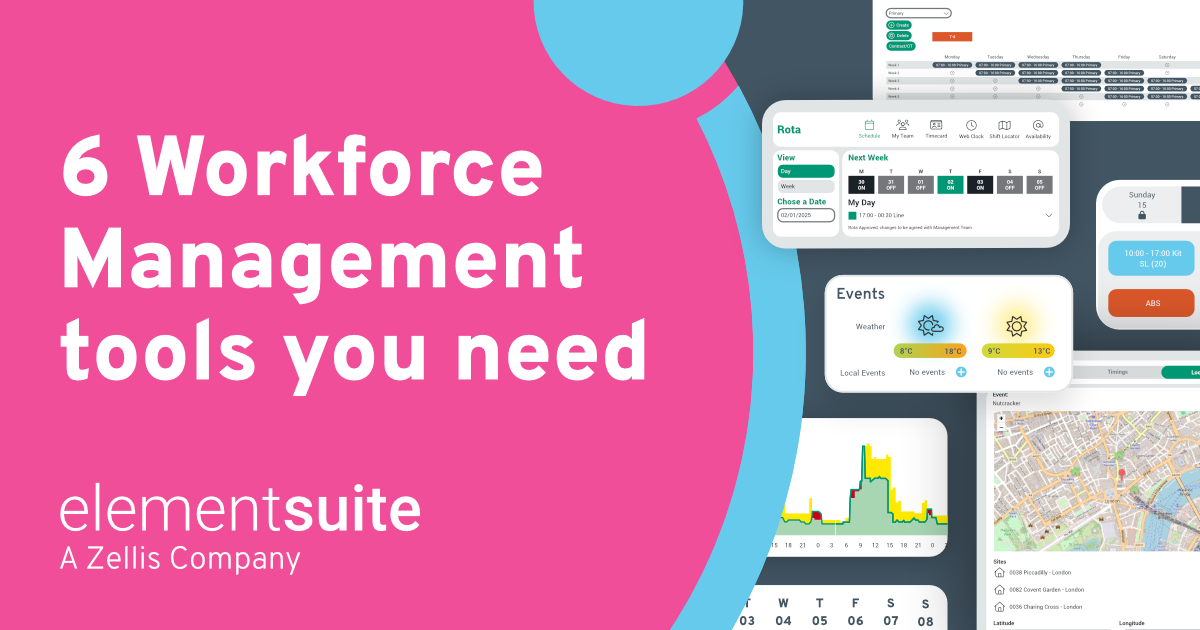Today’s younger generations, Generation Z (Gen Z) and soon-to-be workforce entrants from Generation Alpha (Gen A) are digital nomads. Gen Z (born between 1997 and 2010) are the first generation to be fully immersed in digital environments from a young age. Whereas Generation Alpha (born between 2011 and the present), while they may not yet be entering the workforce, are even more digitally savvy, having grown up with phone cameras capturing every milestone.
Both generations are accustomed to leveraging AI in their daily lives, from using smart assistants to managing schedules, to relying on AI-powered recommendations for shopping, entertainment, and even learning. Their comfort with technology positions them to embrace AI-driven tools for streamlining tasks, like automating job searches, optimising workflows, and personalising experiences in both personal and professional contexts. As they join the workforce, their expectations for efficient, intuitive AI tools will likely drive the next wave of workplace innovation.
This digital fluency and reliance on technology has shaped the digital expectations these younger generations have for their future workplaces. They seek a high-tech, modern, and innovative work environment that leverages the latest technologies to drive productivity and efficiency.
For these generations, technology is not a bonus but a baseline requirement in the workplace. And the harsh truth is that employers who do not meet these digital expectations may find it challenging to attract and retain top talent from the younger generations.
Demand for mobile-first experiences
Fun fact: Did you know that, on average, people in the UK check their smartphone every 12 minutes of the waking day; two in five adults look at their phone within five minutes of waking up, and 70% use their mobile phones for work!
These numbers highlight how connected the workforce is (especially the younger generations) and that connection flows right into their work lives. They expect everything at their fingertips, whether it’s accessing internal newsfeeds, HR documents, payslips, or their schedules.
Whatever their role, employees want the convenience of managing their HR details straight from their mobiles. They’re after a one-stop shop for all things HR, a single app to log in, view schedules, request time off, check payslips, and stay up to date with company news.
The desire for AI-driven interactions
Then there’s Artificial Intelligence (AI). Younger generations are already interacting with AI every day, from Generative AI to help with coursework to virtual assistants like Siri and Alexa. They use AI in all sorts of ways – ordering groceries with a quick voice command, using AI-powered apps to help with studying, or even streaming music and movies that AI recommends based on their tastes.
So it’s no surprise that, as research shows, 65% of today’s generative AI users are Millennials or Gen Z, and 72% of them are seamlessly integrating it into their work lives. And with Generation Alpha – the next wave of the workforce – over a million have even created virtual versions of themselves using AI!
It’s clear that people are becoming very comfortable with AI in both their personal and professional lives, and they expect it at work too. They want a smooth, efficient digital experience when they interact with technology.
An AI for HR assistant could be just the ticket, giving employees quick, personalised answers to their HR questions. Whether it’s checking how many leave days they have left, finding out who’s on shift today, or viewing a breakdown of their pay, an HR AI assistant can deliver real-time answers with simple prompts.
By meeting these AI-driven expectations, you’re not just improving digital interaction; you’re also investing in a tool that boosts productivity and efficiency. And your HR team? They’ll save loads of time by cutting down on those repetitive questions everyone knows they dread.

The current state of the younger workforce
Looking at today’s younger workforce, it’s clear they’re navigating a world of constant change. They stepped into the working world during a global pandemic, with rapid tech advancements like Generative AI and a socio-economic landscape that’s worlds apart from what previous generations faced.
Financial insecurity
With the cost of living climbing and worries about tech replacing jobs, it’s no wonder 39% of Gen Z adults feel uneasy about their financial future. This is why they’re often taking on multiple jobs to make ends meet.
As an employer, while you might not be able to change the economy or bump wages beyond the real living wage, you can help them boost their earnings within the company. Offering internal mobility gives them the chance to pick up shifts in different roles or locations, helping them find that extra bit of flexibility and income they’re looking for.
Here’s how you can make a difference:
- Provide a tool that lets employees see available shifts in real-time across multiple locations.
- Offer personalised career paths so they can progress vertically or laterally within the organisation.
- Depending on role requirements, let employees take on shifts in various roles within the company, helping them gain skills, experience, and potentially that extra financial boost.
With the right technology, all of this is achievable. Real-time shift displays allow employees to view and apply for shifts that suit their schedules. And with an integrated workforce planning system, only those who meet the necessary criteria (like adequate rest between shifts and relevant qualifications) will be able to book those shifts, ensuring compliance and safety.
Lack of job recognition and appreciation
Research by McKinsey found that many Gen Z employees report feeling undervalued and unappreciated in their jobs. This calls for organisations to prioritise recognition and appreciation of their employees.
Recognition, whether in person or through HR technology, is critical to meet these expectations. Consider implementing a rewards and recognition program that incorporates manager and peer-to-peer recognition. But most importantly, invest in a system that tracks their performance to allow for a fair performance evaluation and recognition process.
They want to make a difference
As Michele Parmelee, Deloitte Global Deputy CEO and Chief People and Purpose Officer, highlights in a news release from Deloitte’s 2023 Gen Z and Millennial Survey, “Gen Zs and millennials are striving for better work/life balance. They are also values-driven, concerned about the environment, the state of the world, and the future they see developing ahead of them. They’re looking for employers who can help empower them to make a difference.”
Younger generations want to feel heard—they’re after purposeful work and knowing their voice counts! So, keep the conversation flowing with regular pulse surveys, gather their input on projects, and get them involved in decisions that matter.
Make it easy and fun with tech: try in-app surveys or virtual suggestion boxes. And don’t forget to follow up! Share the results, keep the energy up, and maybe even post a few infographics on your internal platform to keep everyone in the loop.
With the right tools, you can meet Gen Z’s digital expectations and bridge the gap.
Embracing a digital workplace with elementsuite
As the workforce keeps changing, Gen Z and Gen Alpha are raising the bar for what a modern workplace should look like. They’re after a digital, mobile-first, and AI-driven experience that matches the techy lifestyle they’ve grown up with.
With elementsuite, you can meet these expectations. We offer a fully mobile-first workforce management solution that caters to the needs of younger generations while providing HR teams with an efficient and streamlined process.
And with ELLA, our very own homegrown AI HR assistant, layered on top of your HR system, employees can have their personalised HR-related questions answered quickly, easily and efficiently—no generic responses or long wait times – just instant, personalised support.
Book a demo today to learn more about how we can help you create a modern and technology-driven workforce experience.





